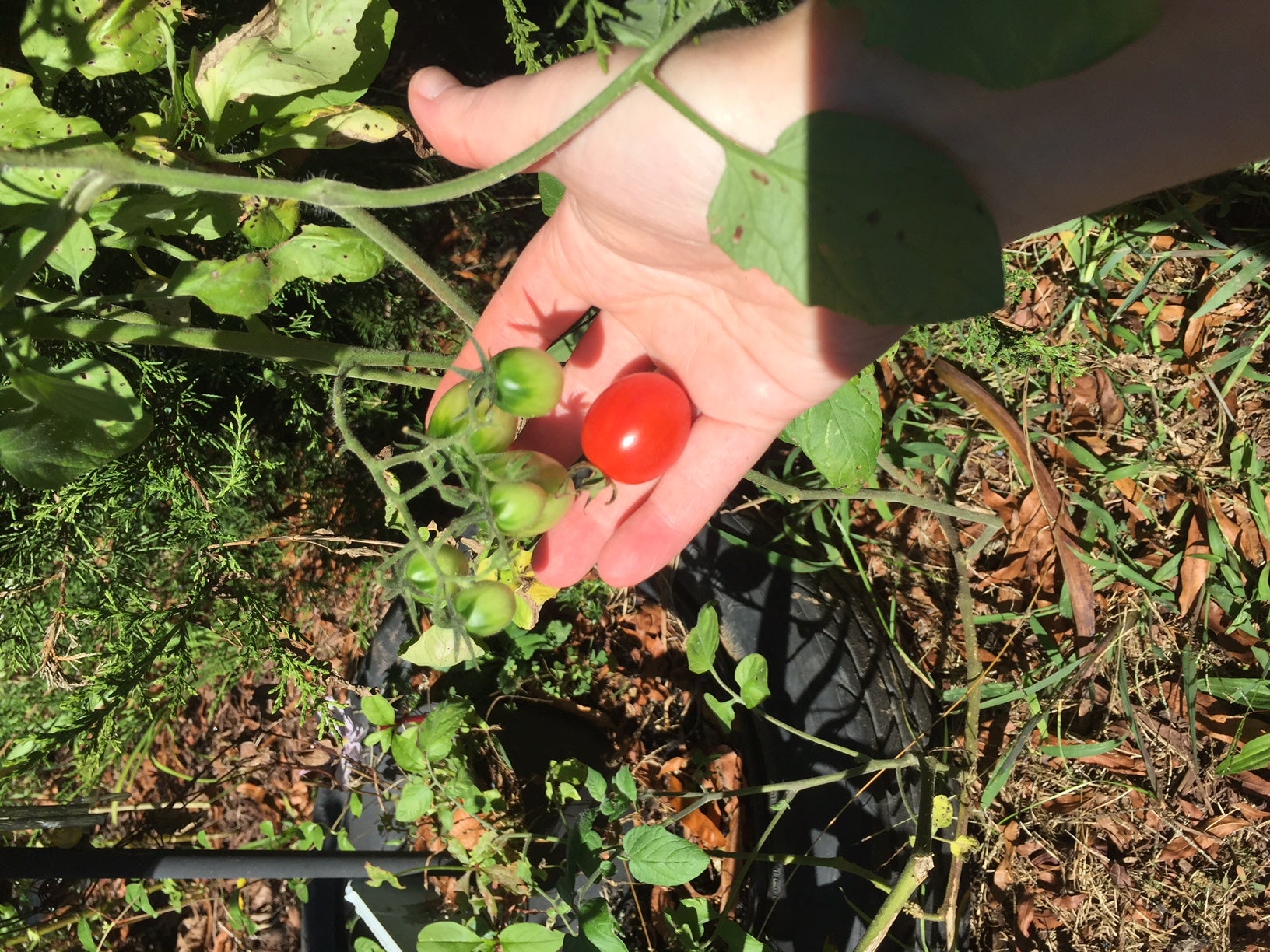Are Volunteer Tomatoes A Good Thing – Learn About Volunteer Tomato Plants


Volunteer tomato plants are not uncommon in the home garden. They often show up in early spring, as little sprouts in your compost pile, in a side yard, or in a bed where you normally don’t grow tomatoes. Are volunteer tomatoes a good thing? It depends.
Should I Keep My Volunteer Tomatoes?
A volunteer plant of any type is a plant that grows somewhere you did not intentionally plant or seed it. These accidents happen because seeds drift through the wind, are carried by birds and feet, and therefore, they often get mixed into compost that you then spread around the garden or yard. When you see a tomato plant sprout somewhere you didn’t plant it, you may be tempted to keep it and let it grow. There are some good reasons to do so, like harvesting more tomatoes later. Many gardeners report keeping their volunteer tomatoes, watching them thrive, and then getting an extra harvest. There is no guarantee that the volunteer will grow well or produce, but if the plant is in a convenient spot and doesn’t look diseased, it doesn’t hurt to give it some attention and let it grow.
Getting Rid of Volunteer Tomatoes
On the flip side, growing volunteer tomatoes doesn’t always make sense. If you get several volunteers, you probably don’t want to keep them all. Or, if a volunteer sprouts in a location that will cause it to crowd out your other vegetables, you probably want to get rid of it. Another reason to consider getting rid of volunteer tomatoes is that they can carry and spread disease. This is especially true if they come up early in spring when the weather is still cool. The cool temperatures and morning dew can cause them to develop early blight. If you let these grow, you can cause the disease to spread to other plants. So, depending on location, time of year, and whether or not you want to care for another tomato plant, you can keep your volunteers or treat them as weeds and pull them out. Add them to the compost if you aren’t keeping the small plants and they can still contribute to the health of your garden.
Sign up for the Gardening Know How newsletter today and receive a free copy of our e-book "How to Grow Delicious Tomatoes".

Mary Ellen Ellis has been gardening for over 20 years. With degrees in Chemistry and Biology, Mary Ellen's specialties are flowers, native plants, and herbs.